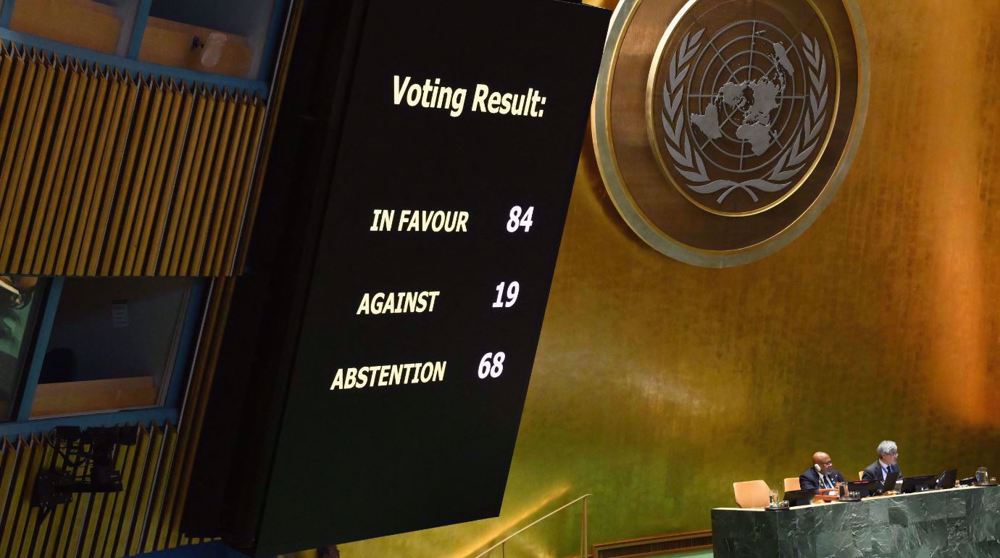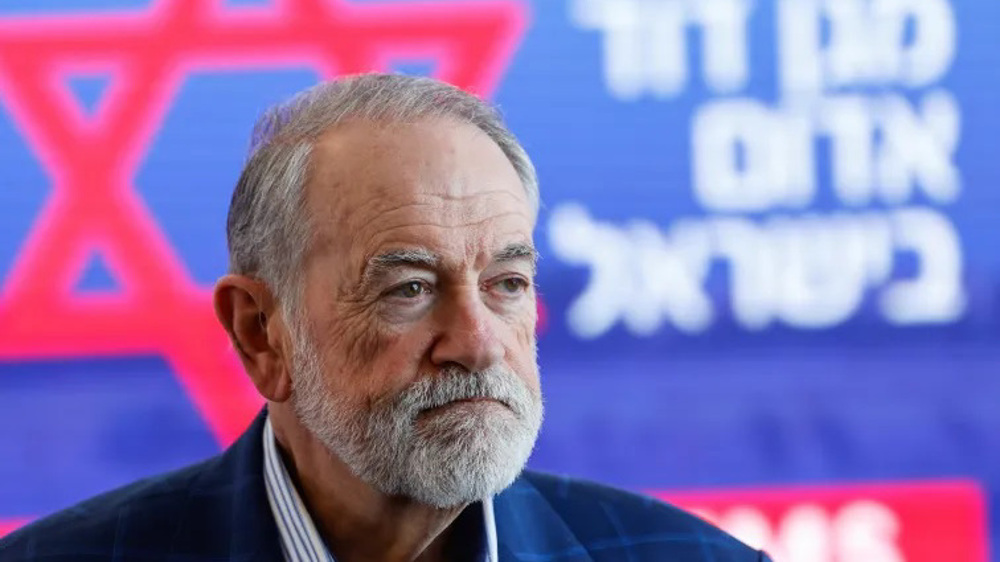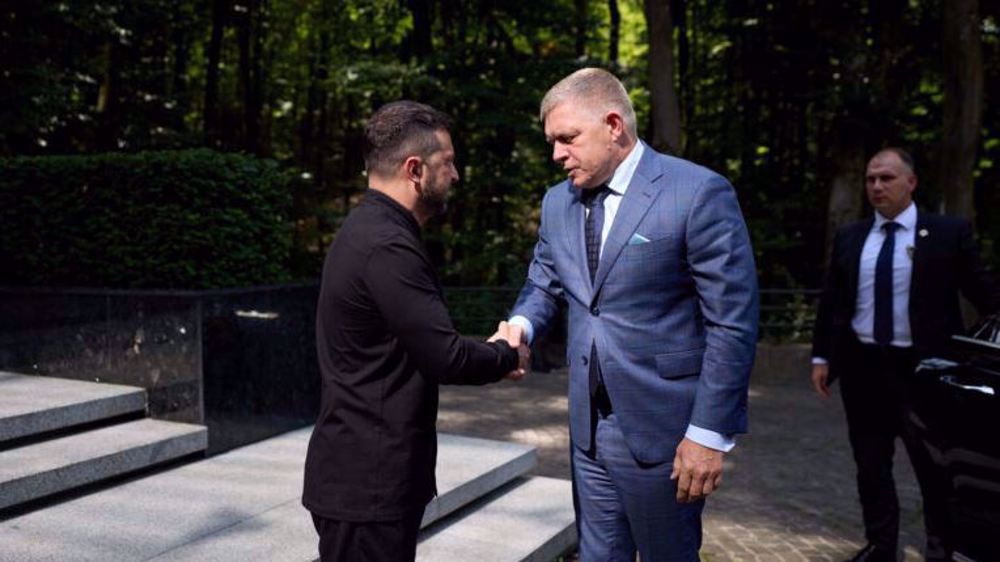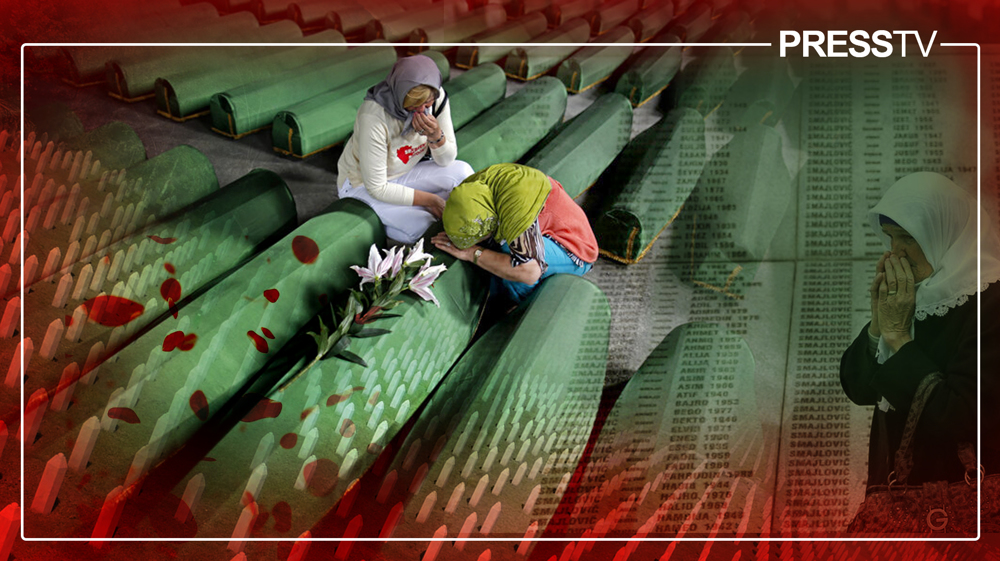Serbia defiant as UN creates Srebrenica genocide memorial day
The United Nations General Assembly has voted in favor of creating an annual memorial day in remembrance of the 1995 Srebrenica genocide despite fierce opposition from the Serbs.
The resolution to designate July 11 as the Srebrenica genocide remembrance day was passed with overwhelming support from the General Assembly on Thursday.
Eighty-four member states voted in favor of the resolution, 19 countries voted against, 68 abstained, while 22 did not vote.
Three of the five UN Security Council permanent members with veto power – the United States, Britain and France – voted in favor of the resolution, while the other two, Russia and China, voted against it.
Except Serbia, all of the other former Yugoslav republics voted for the resolution.
Several European Union member states, including Slovakia, Greece and Cyprus abstained.
On July 11, 1995, Serb forces overran Srebrenica – a UN-protected enclave at the time – separating around 8,000 Muslim men and teenagers from their families and slaughtering them in what was described as a genocide by the International Criminal Tribunal for the former Yugoslavia (ICTY) and the International Court of Justice. The Srebrenica genocide is considered the worst single atrocity in Europe since World War II.
The resolution passed on Thursday, in addition to establishing the annual Srebrenica genocide memorial day on July 11, condemns "any denial" of the genocide and urges UN member countries to "preserve the established facts."
The resolution is "of the highest importance for spreading the truth," said Denis Becirovic, the Bosnian member of Bosnia and Herzegovina's tripartite presidency.
"Those who led their people into this position (of genocide denial) must accept the truth, so that we can all find peace and move on with our lives," said Kada Hotic, 79-year-old co-director of an association of Srebrenica mothers, who lost her son, husband and two brothers.
However, Russia's UN ambassador, Vasily Nebenzia, was opposed to the UN resolution.
"If the goal of the sponsors was to divide the General Assembly... then they've succeeded brilliantly," he said.
The UN resolution, which was sponsored by Germany and Rwanda, also met fierce opposition and a strong lobbying campaign by the Serb member of Bosnia and Herzegovina's tripartite presidency, Milorad Dodik, and the populist president of neighboring Serbia, Aleksandar Vucic.
The two leaders claimed the UN resolution would brand all Serbs as genocidal, although the draft does not explicitly mention Serbs as culprits.
Dodik, the political leader of Bosnia's Serb territory, reiterated his threat to secede from the Balkan country. He denied that genocide had even taken place in the Bosnian city and said that his administration would not recognize the UN resolution.
"There was no genocide in Srebrenica," Dodik insisted at a press conference in Srebrenica.
The president of Republika Srpska, which comprises about half of Bosnia, said on X, formerly Twitter, “Bosnia and Herzegovina has reached its end, or to be more precise, it was brought to an end by those who swore to it."
“All that remains is for us all to make an effort to be good neighbors and to part in peace," Dodik said on X.
The Serb leader has made similar threats in the past to have the Serb-controlled territories secede from Bosnia and join with neighboring Serbia.
Bosnian Serb wartime political leader Radovan Karadzic and his military commander, Ratko Mladic, were both convicted of genocide in Srebrenica by a special UN war crimes tribunal in The Hague.
In all, the tribunal and courts in the Balkans have sentenced close to 50 Bosnian Serb wartime officials to lengthy prison terms.
Serbs planned to hoist Serbian flags all over Serbia and Bosnia while church bells rang out across Serbia on Thursday in protest.
'Blatant war crime': Iran denounces US-Israel strikes on Gandhi hospital in Tehran
IRGC spox: 650 casualties for US military in two days as Iran missiles force aircraft carrier to fle
Tehran warns of false-flag operations, says Israel ‘undoubtedly’ seeking to widen war
New wave of attacks devastates key US base in Bahrain as Iran strikes back
Melania Trump chairs UN children's meeting as Iran buries kids killed in US-Israeli attack
Why Iran’s Leader refused special protection, leading from the front until last breath
Hezbollah strikes Israeli surveillance, military base in Golan Heights, occupied lands
Iran holds funeral for scores of schoolgirls murdered in US-Israeli aggression











 This makes it easy to access the Press TV website
This makes it easy to access the Press TV website